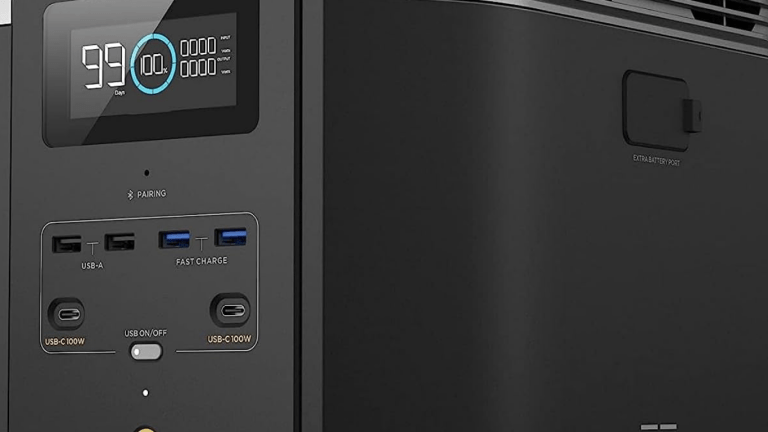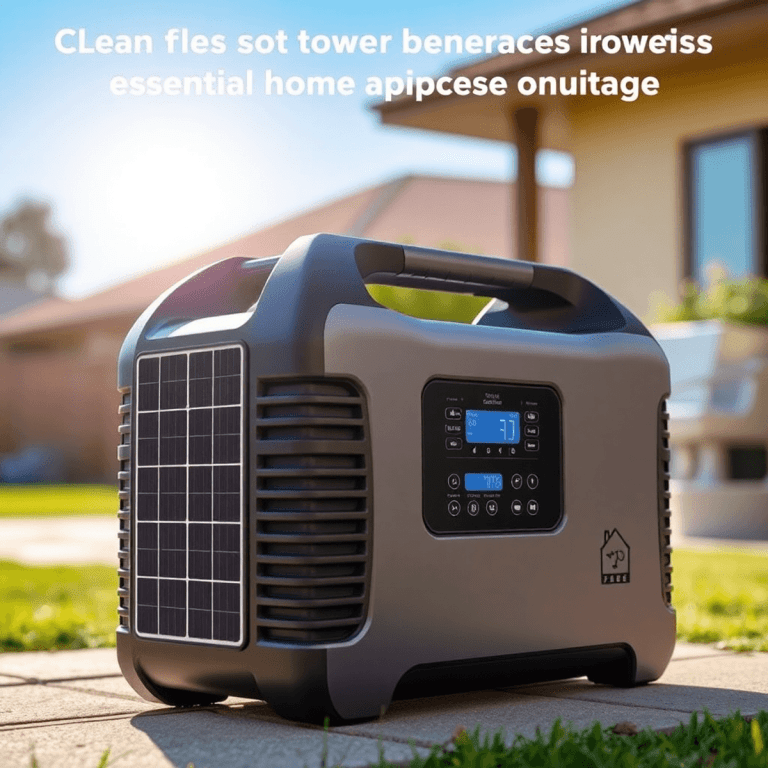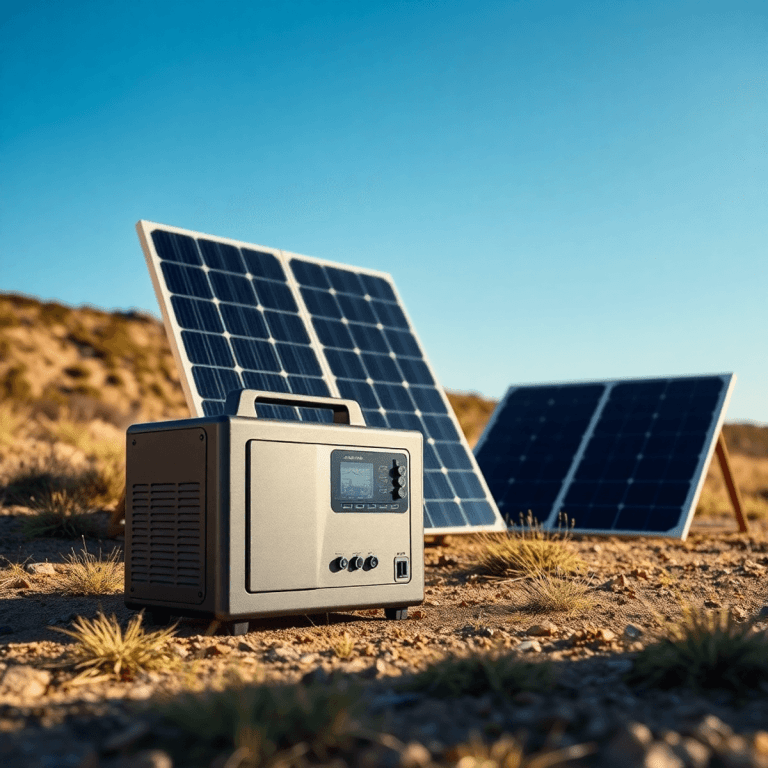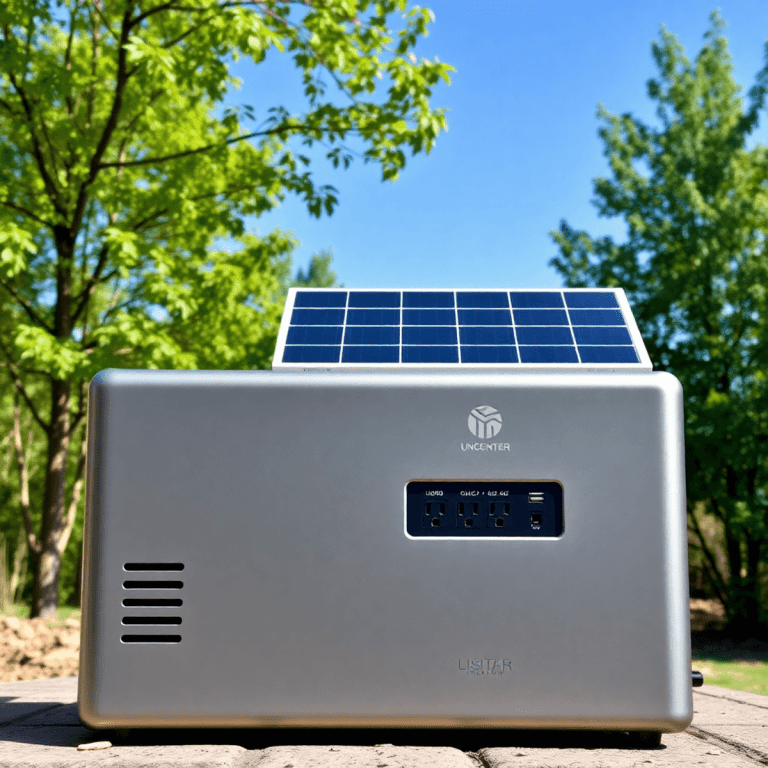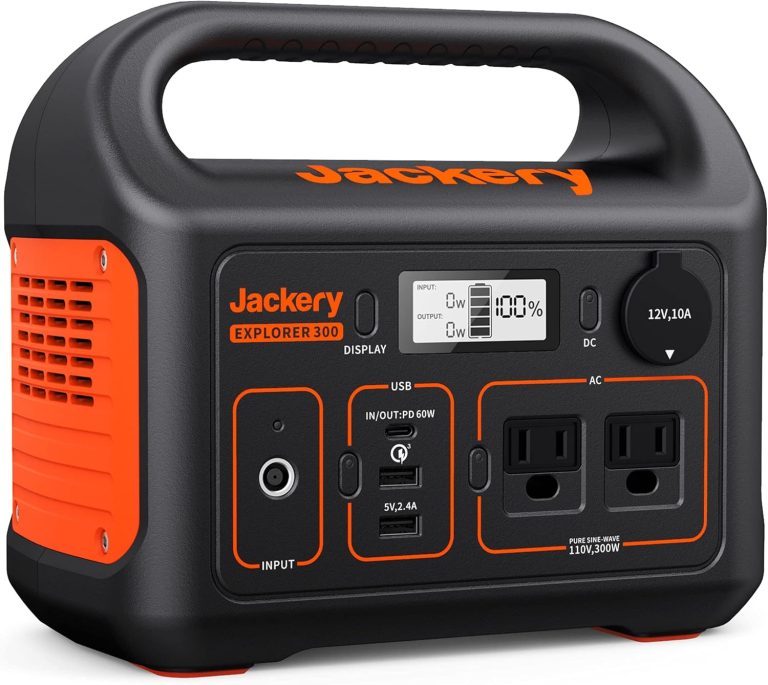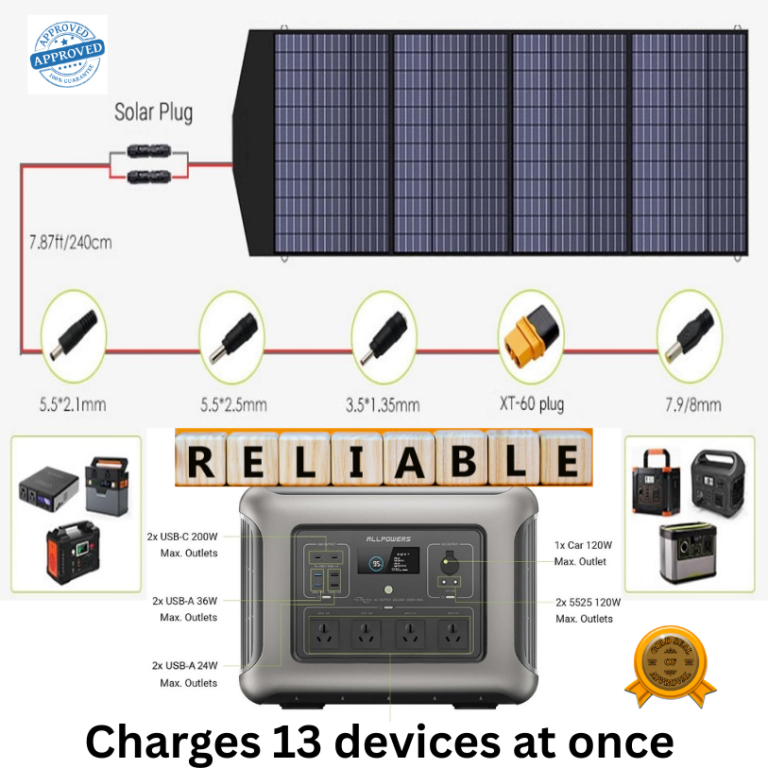Portable Generator for Camping with CPAP – Sleep Apnea Safe Off the Grid.
If you use a CPAP machine, you know how important it is to maintain consistent therapy , even when you’re off the grid. Whether you’re out in the woods, parked at a campground, or tenting it by a lake, your sleep and health shouldn’t have to suffer. Especially those with sleep apnea.That’s why finding the right portable generator for camping with a CPAP is essential. If you’d rather purchase one now.
Click the link below now: >>>

Anker SOLIX C1000 Portable Power Station, 1800W (Peak 2400W) Solar Generator, Full Charge in 58 Min, 1056wh LiFePO4 Battery for Home Backup, Power Outages, and Outdoor Camping (Optional Solar Panel)
In this guide, you’ll learn what kind of generator you need, how much power a CPAP machine requires, the best features to look for, and how to safely and efficiently use a generator for uninterrupted rest under the stars.
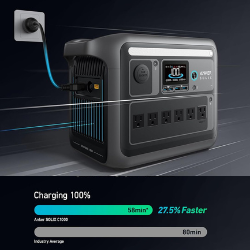
Can You Run a CPAP Machine While Camping?
Yes — and you absolutely should.
Many people with sleep apnea avoid camping altogether because they think they can’t bring their CPAP. But with today’s quiet, compact, and reliable portable generators, camping with a CPAP is completely possible — and even comfortable.
A portable generator gives you freedom. You can venture beyond powered campsites, stay out longer, and sleep confidently knowing you won’t miss a single night of therapy.
How Much Power Does a CPAP Machine Need?
Most CPAP machines use 30 to 60 watts while running. However, the total power requirement depends on a few factors:
- Whether you’re using a heated humidifier
- The voltage of your machine (AC or 12V DC)
- If you’re charging other devices at the same time
- How long you sleep — most people use their CPAP for 7 to 9 hours
If you’re using a heated humidifier, the power usage can jump to 200 watts or more. This is important when choosing a generator.
For basic use without a humidifier, a portable power station with 300–500 watt-hours or a gas inverter generator with 500+ continuous watts will cover your needs comfortably.
Why You Should Use a Portable Generator Instead of a Power Bank
Some CPAP users opt for backup batteries or power banks. While these can work in a pinch, they often:
- Don’t last a full night with a humidifier
- Can’t recharge easily off-grid
- Lack the flexibility to power other devices
A portable generator, on the other hand, offers multiple advantages:
- Consistent power for full-night therapy
- Recharge capability for longer camping trips
- Ability to power lights, fans, and other camping essentials
- Faster recharging and fuel flexibility
If you’re camping for more than a night or in remote areas, a generator is a smarter, more reliable solution.
Best Types of Portable Generators for CPAP Camping
There are two types of generators that work especially well for running a CPAP machine while camping:
Inverter Generators
These are small gas-powered generators with quiet operation and stable power output. They’re ideal for sensitive electronics like CPAP machines. Inverter generators adjust engine speed to match power demand, which makes them fuel-efficient and quieter than conventional models.
Benefits:
- Reliable and proven
- Handles CPAP with or without humidifier
- Can power multiple devices at once
- Long runtime with extra fuel
Inverter generators are a top choice for extended trips, RVs, or car camping where fuel storage is manageable.
Portable Power Stations
These are battery-powered units that charge via wall outlet, car, or solar panels. They’re silent, emission-free, and simple to operate. Many come with built-in AC and USB ports.
Benefits:
- Completely silent operation
- Zero emissions — safe to use in enclosed spaces
- Great for overnight or weekend trips
- Easily rechargeable with solar or car power
These are perfect for campers who prioritize silence, eco friendliness, or who want to keep things simple.
Features to Look for in a CPAP Compatible Generator
Choosing the right generator for your CPAP means more than just looking at the wattage. Here are the features to prioritize for comfort, reliability, and safety.
Low Noise Operation
The last thing you want when trying to sleep is the sound of a lawnmower outside your tent. Choose a generator with a noise level below 60 decibels, ideally closer to 50. Inverter generators are your best bet here. If you want absolute silence, go with a battery-powered power station.
Pure Sine Wave Output
CPAP machines are sensitive medical devices. They require clean, consistent power — the kind you get from pure sine wave inverters. Avoid older or cheaper generators that produce “modified” sine wave, as this can damage your machine or cause malfunctions.
Lightweight and Portable
You’ll be lugging your generator to and from the campsite, so make sure it’s manageable. Look for models under 50 lbs for inverter generators, or under 20 lbs for power stations.
Long Runtime
You need the generator to run at least 8 hours — ideally more — without interruption. If it’s a fuel-powered model, check its runtime specs at 25% load. For battery units, make sure the watt-hour rating supports your machine for a full night.
Multiple Output Options
A good camping generator should support both AC and DC outputs. Some CPAP machines have 12V adapters that work more efficiently with DC. If yours does, you can save energy and extend runtime by avoiding AC conversion.
Safety and Durability
Look for overload protection, temperature monitoring, and a rugged build that can withstand the bumps of outdoor travel. You want your generator to be dependable in all conditions.
Tips for Using a Generator with a CPAP While Camping
Bringing a generator to camp isn’t just plug-and-play. You’ll want to follow a few best practices to ensure safe and reliable use.
Test at Home First
Always do a trial run before your trip. Plug in your CPAP to the generator, let it run overnight, and make sure the battery or fuel lasts the full duration. This also gives you time to troubleshoot any compatibility issues.
Use the Right Cables and Adapters
Some CPAP machines support direct 12V input. If your generator has a 12V DC output, use the correct cable to minimize energy loss. Otherwise, stick with your regular AC power cord and plug into the generator’s AC outlet.
Turn Off the Heated Humidifier
If you want to extend battery or fuel life, disable your CPAP’s humidifier. This can cut power usage by over half. You may also disable the heated tube feature, if available.
Place the Generator Safely
For fuel-powered units, always run the generator at least 20 feet away from tents and never in enclosed areas. Position it on a flat surface and protect it from rain with a generator tent or shelter.
Recharge Smart
If you’re using a power station, recharge during the day using solar panels or your vehicle’s DC output. With fuel generators, top up during daylight and let it run overnight only if absolutely necessary.
Should You Use a Battery Backup Instead?
Battery backups can work — especially for short trips or if you don’t use a humidifier. Some CPAP manufacturers sell compatible battery packs, and third-party options are widely available.
However, standalone batteries often:
- Have limited capacity (especially with humidifier use)
- Don’t support charging other devices
- Require careful planning for multi-day use
If you’re only going camping for a night or two and have easy access to recharge, a battery might be enough. But for extended trips or maximum flexibility, a generator gives you peace of mind and more power options.
Final Thoughts: Sleep Easy Wherever You Camp
Camping with sleep apnea doesn’t have to mean sacrificing comfort or skipping therapy. With the right portable generator, you can enjoy the great outdoors, sleep soundly, and maintain your health routine no matter how remote your destination.
To recap what to look for:
- Choose an inverter generator or portable power station with enough wattage
- Make sure it provides pure sine wave power for CPAP safety
- Prioritize quiet operation and portability
- Plan for a full-night runtime and safe setup
- Disable the humidifier if you want longer battery or fuel life
Modern camping is all about convenience, and for CPAP users, it starts with a dependable power source. So pack your gear, bring your generator, and get ready for nights of fresh air and uninterrupted sleep under the stars.
This portable generator is a good choice for sleep apnea sufferers. Buy one now while its still in stock.,



